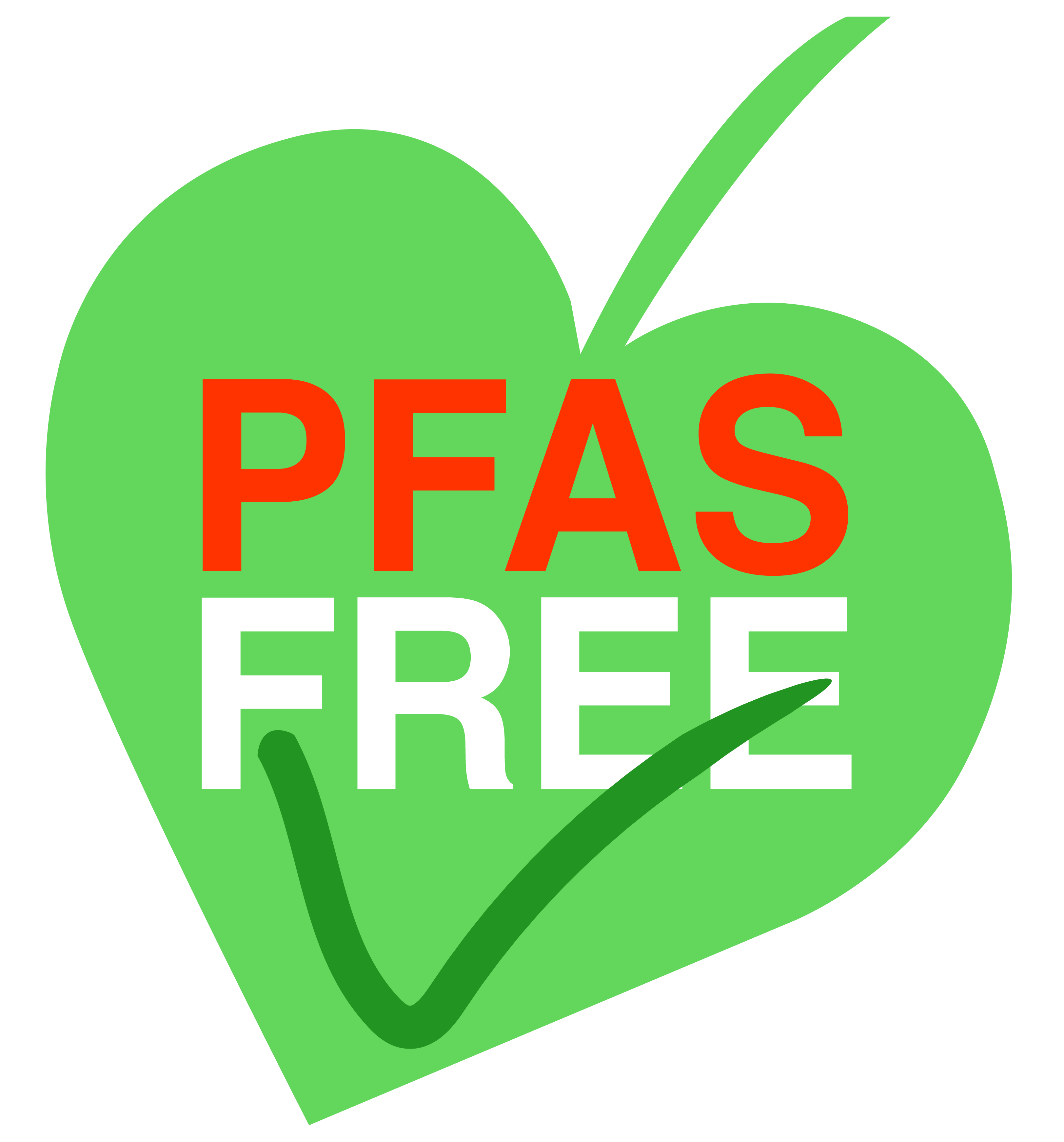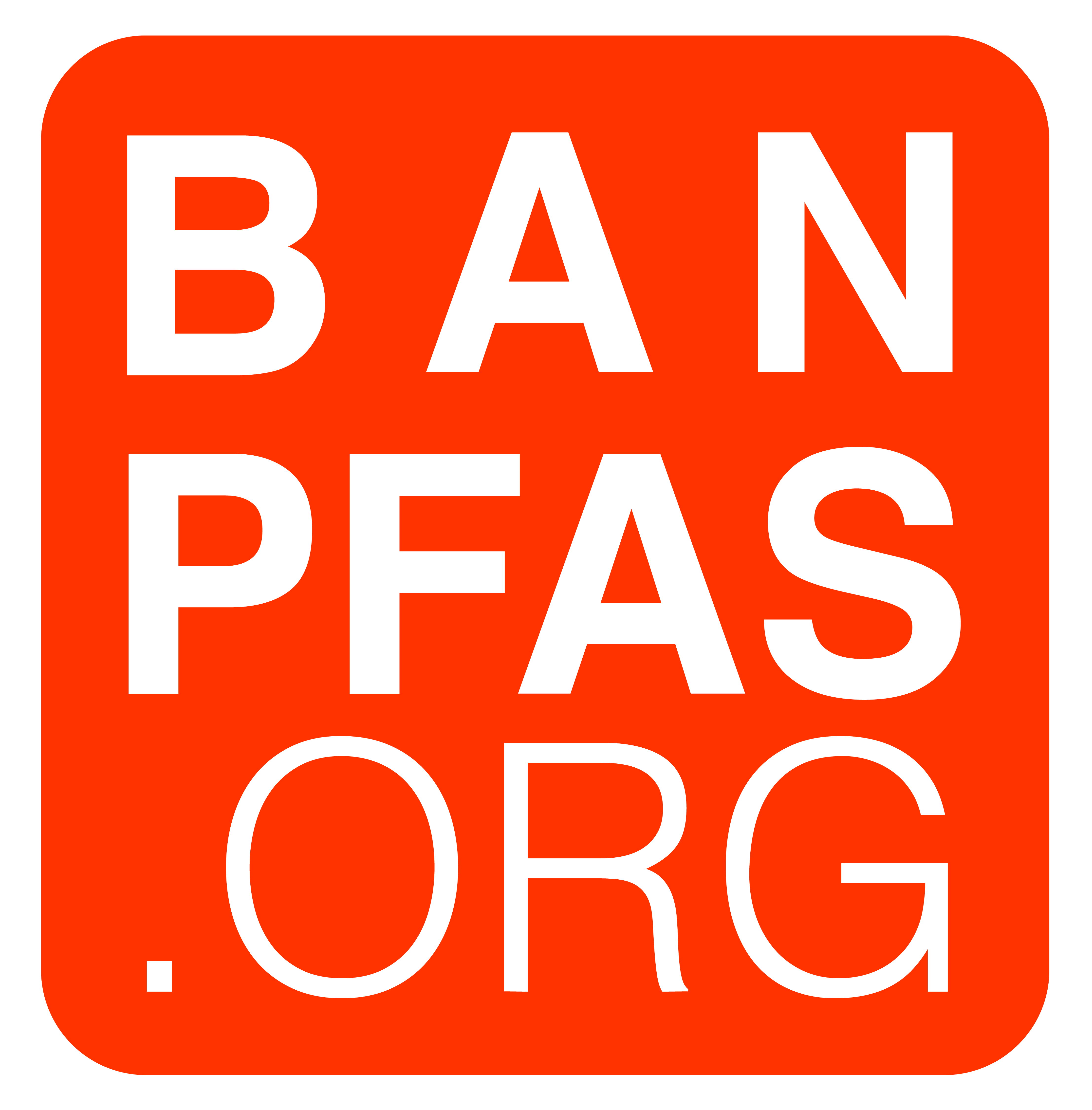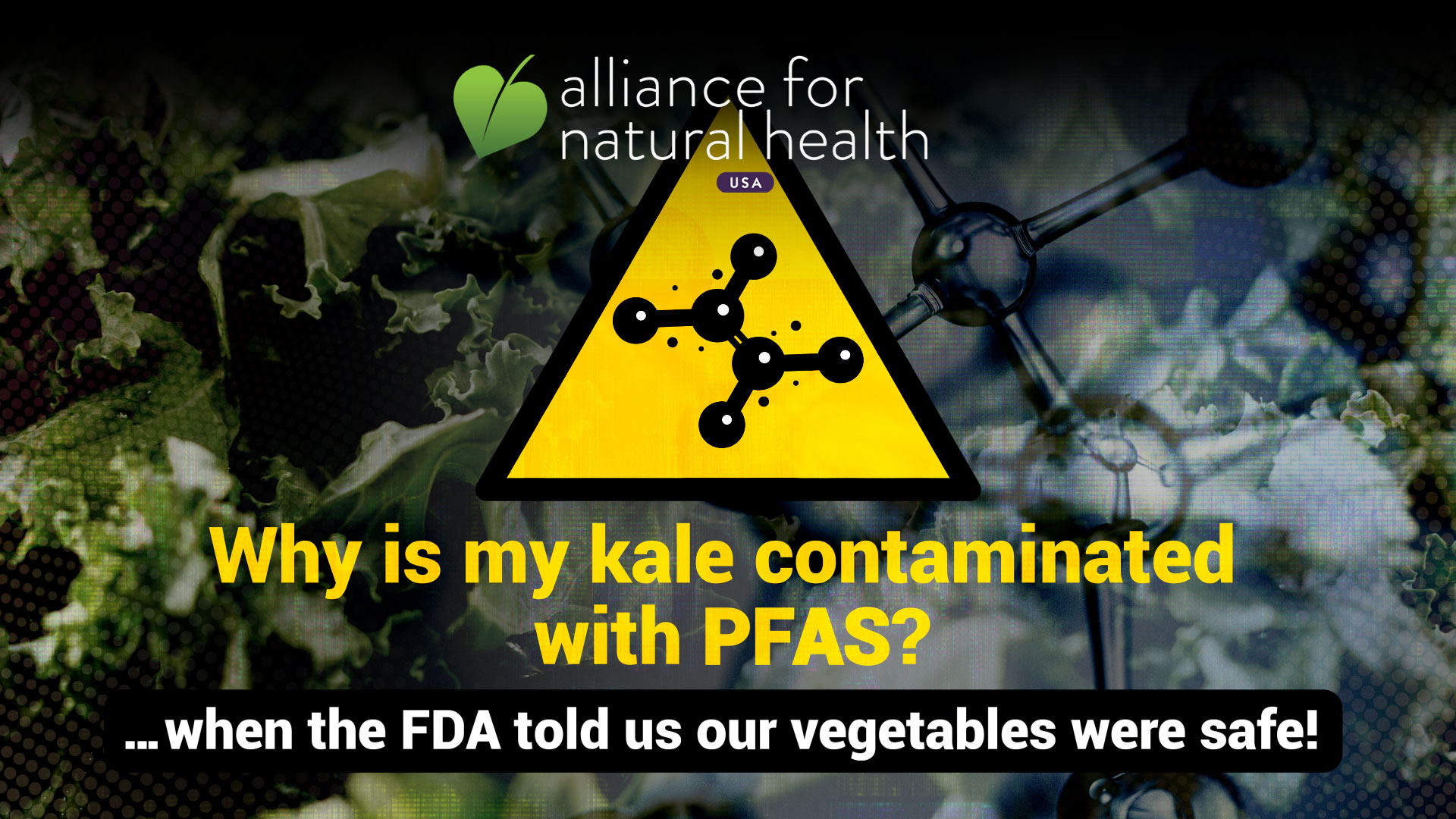"Decision-makers and the public need to wake up to the public health catastrophe posed by PFAS".These chemicals are everywhere, even in one of the healthiest food options available at the supermarket. They make the pervasive contamination by DDT and its breakdown products look like child’s play. The sheer scope and implications of PFAS contamination demand a bold response — not the complacency we’re currently seeing from US agencies'- Rob Verkerk PhD, ANH founder, executive & scientific director, ANH-Intl and ANH-USA
Independent testing conducted by ANH-USA has found kale samples purchased at major supermarkets in 4 US states to be contaminated with dangerous PFAS chemicals (also known as 'forever chemicals'). This study builds on an increasing body of evidence telling us that the pervasive contamination of our world with PFAS chemicals is contributing to a public health and environmental disaster.
Poly- and perfluoroalkyl substances or PFAS are a very large group of some 12,000 organofluorine chemicals. They’re used in an incredibly wide range of industrial and consumer applications for their grease and water-resistant properties. These chemicals all share one thing in common: one or more carbon-fluorine bonds that are among the strongest known in chemistry. This also makes them, especially the long-chain variants, incredibly persistent in the environment—and the human body. Emerging research points towards a wide range of negative health effects associated with exposure to these chemicals, ranging from infertility and developmental delays to cancer and obesity.
As PFAS are so hard to break down, they've been found everywhere, contaminating air, water, soil, and food. Research has linked them to a wide array of health effects, including testicular cancer, kidney cancer, thyroid disease, high cholesterol, immune suppression, and a wide range of adverse reproductive effects.
>>> Article: PFAS: The unfolding chemical disaster
>>> Le Monde's European "Forever Pollution" Map - it's scary!
To conduct the study, ANH-USA staff sent conventional and organic kale samples from supermarkets in Arizona, New York, Pennsylvania, and Georgia to Eurofins Laboratories Environment Testing in PFAS-free collection bags. Each kale sample was analyzed for 16 PFAS compounds using U.S. Food and Drug Administration (FDA) validated methods. Only one of the eight kale samples had no detectable levels of PFAS. By contrast, the FDA’s own Total Diet Study monitoring has only detected PFAS in seafood, meat and a protein powder. In the three years of published findings, not a single vegetable or unprocessed plant food had been found to be contaminated with PFAS.
ANH-USA launched its BanPFAS campaign on Monday, along with its 16-page study report, available on request (please email [email protected]).
>>> Download ANH-USA press release on its launch of PFAS campaign.
ANH-USA critiques the limited actions taken by federal agencies thus far in addressing widespread PFAS contamination. The FDA and Environmental Protection Agency’s (EPA) testing for PFAS contamination is grossly inadequate. While the agencies acknowledge serious health concerns over PFAS contamination, the FDA’s routine monitoring between 2019 and 2021, which has so far only included analysis of 4 kale samples, has never found PFAS in any vegetable or other plant food. On its webpage, Questions and Answers on PFAS in Food, the FDA states, “To date, we have found that most foods not grown or produced in specific geographic areas with known PFAS contamination do not have detectable levels of PFAS.”
The FDA has told the American public that from the testing it has done, the vast majority of the US food supply is safe from PFAS - having found no detectable PFAS in over 97% of fresh and processed foods tested.
Specifically, it identified seafood and certain meat products as being most at risk of contamination, with plant foods having, so far, been found to be free of detectable PFAS. ANH-USA testing directly contradicts the FDA's complacency and has triggered a commitment by ANH-USA to undertake further testing, pending funding support. The fact that nearly 90% of samples of kale, the archetypal healthy vegetable, were found to be contaminated is of particular concern, and points to a much wider contamination problem than that suggested by the FDA.
The FDA's position reflects that lack of joined up action being taken at a state and federal level in the USA, and also between agencies. For example, the US Centers for Disease Control and Prevention (CDC) indicated that “exposure to a select number of PFAS in the United States is widespread as suggested by nearly universal detection of these chemicals in serum collected from NHANES participants.”
Additionally, the EPA has proposed updated and substantially lowered advisory levels for PFAS in drinking water, which are based on new science and consider lifetime exposure. These new levels are justified on the basis that some negative health effects may occur with concentrations of long-chain PFAS in drinking water that are "near zero".
ANH's campaign, launched this week, will aim to do three things:
1. Raise awareness of the PFAS problem among the US public
2. Force regulatory action
3. Helping citizens to make safer choices; choosing PFAS-free products.
Find out more at BanPFAS.org










Comments
your voice counts
There are currently no comments on this post.
Your voice counts
We welcome your comments and are very interested in your point of view, but we ask that you keep them relevant to the article, that they be civil and without commercial links. All comments are moderated prior to being published. We reserve the right to edit or not publish comments that we consider abusive or offensive.
There is extra content here from a third party provider. You will be unable to see this content unless you agree to allow Content Cookies. Cookie Preferences